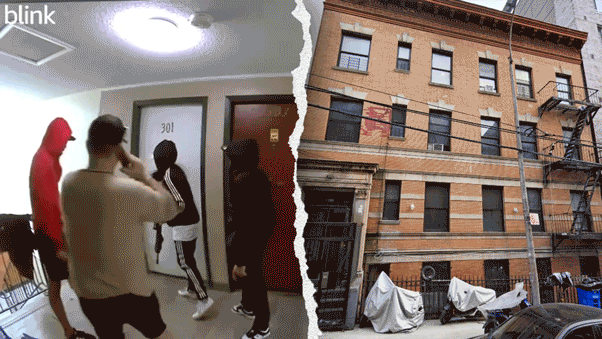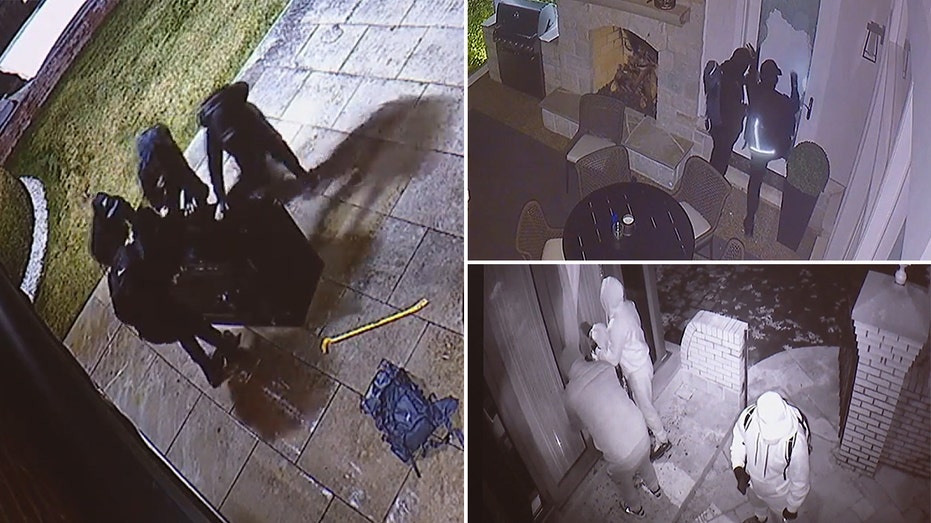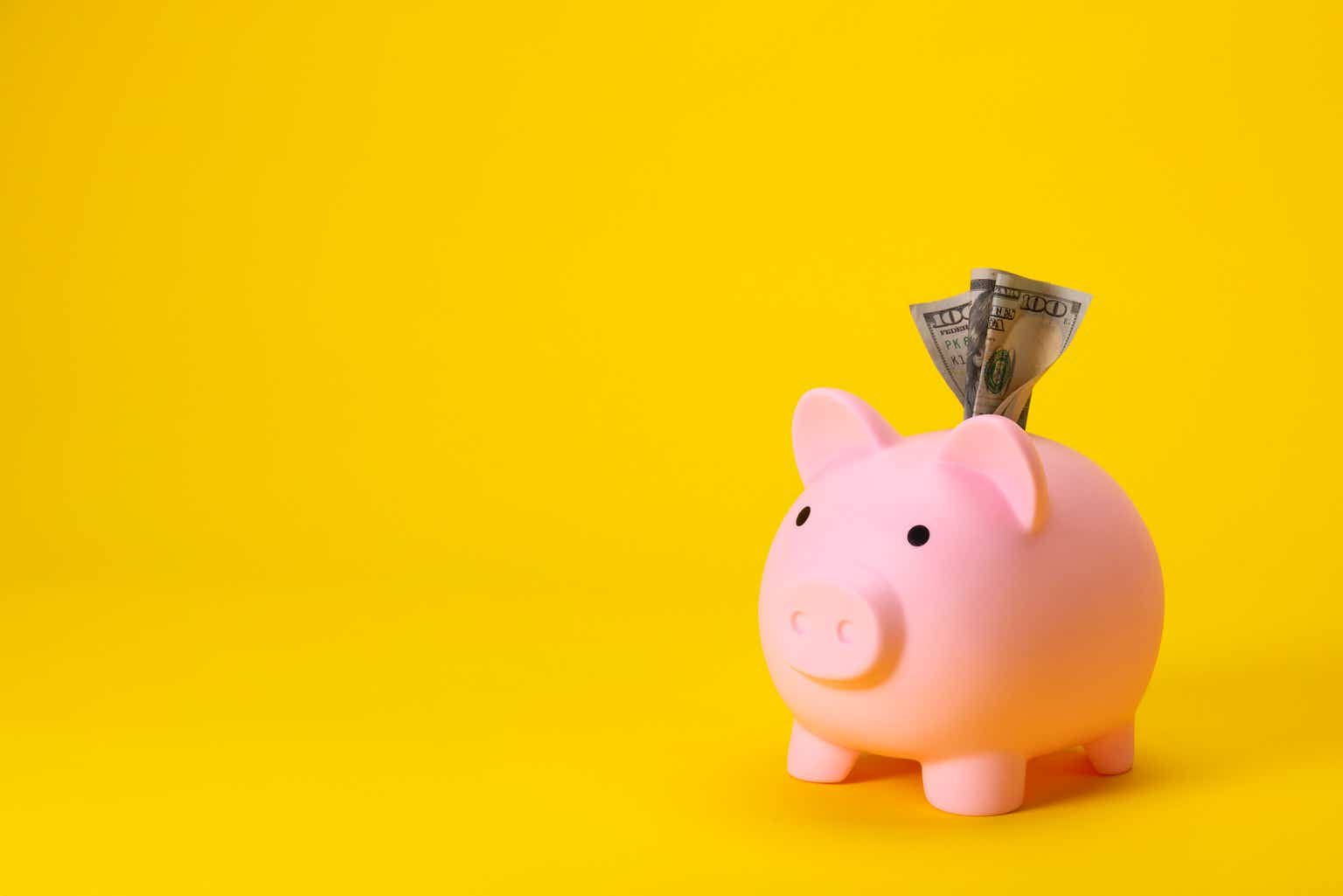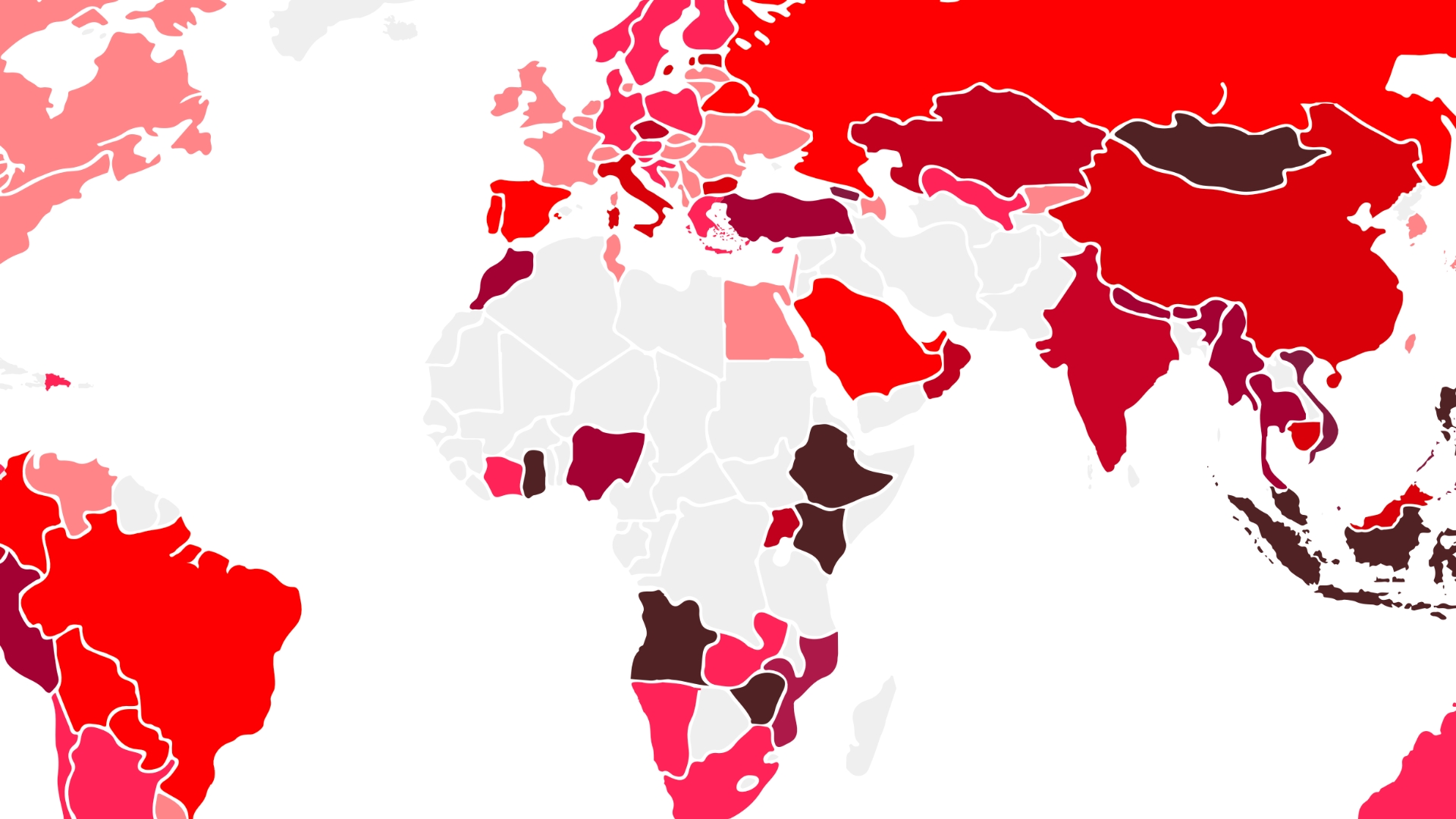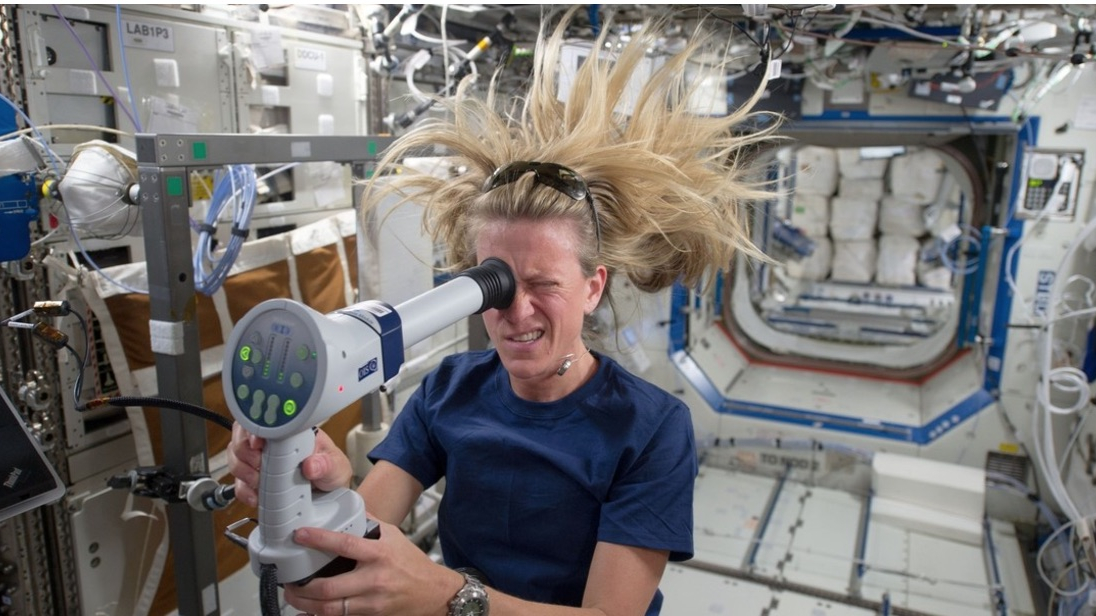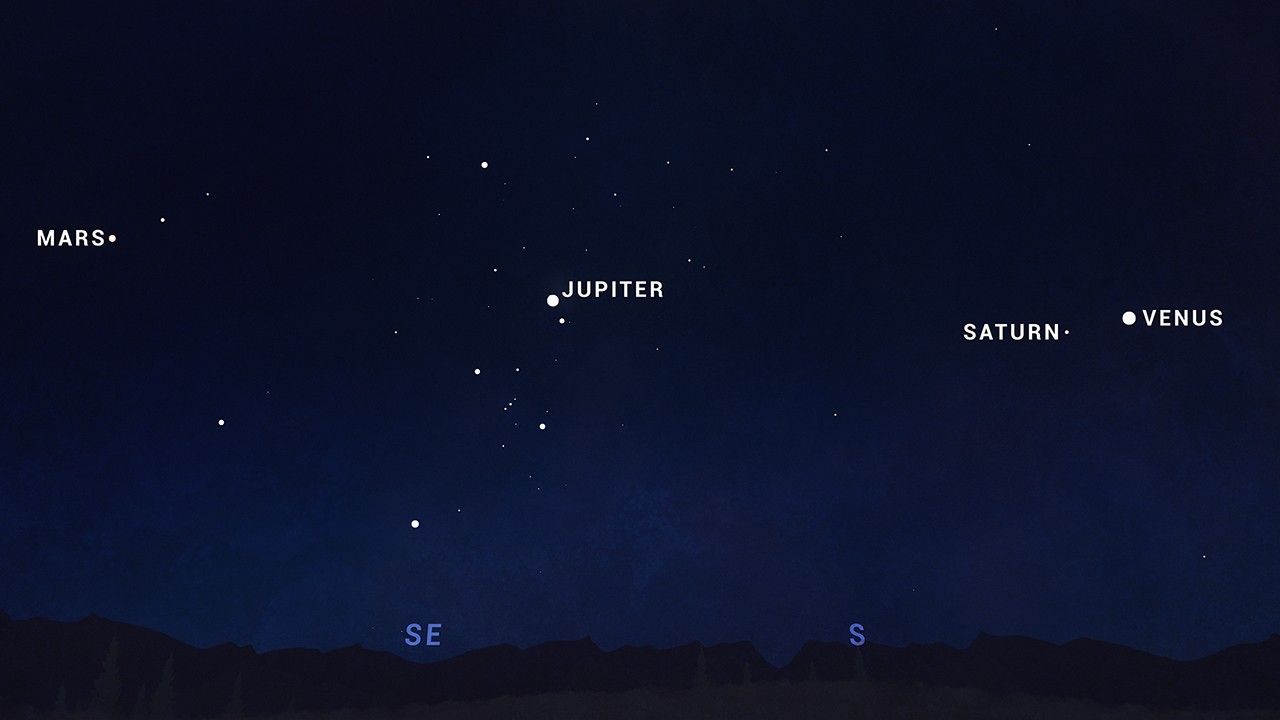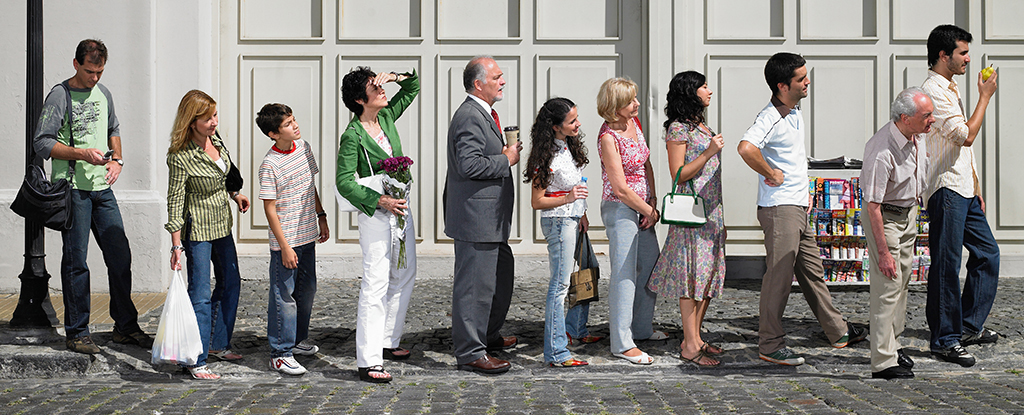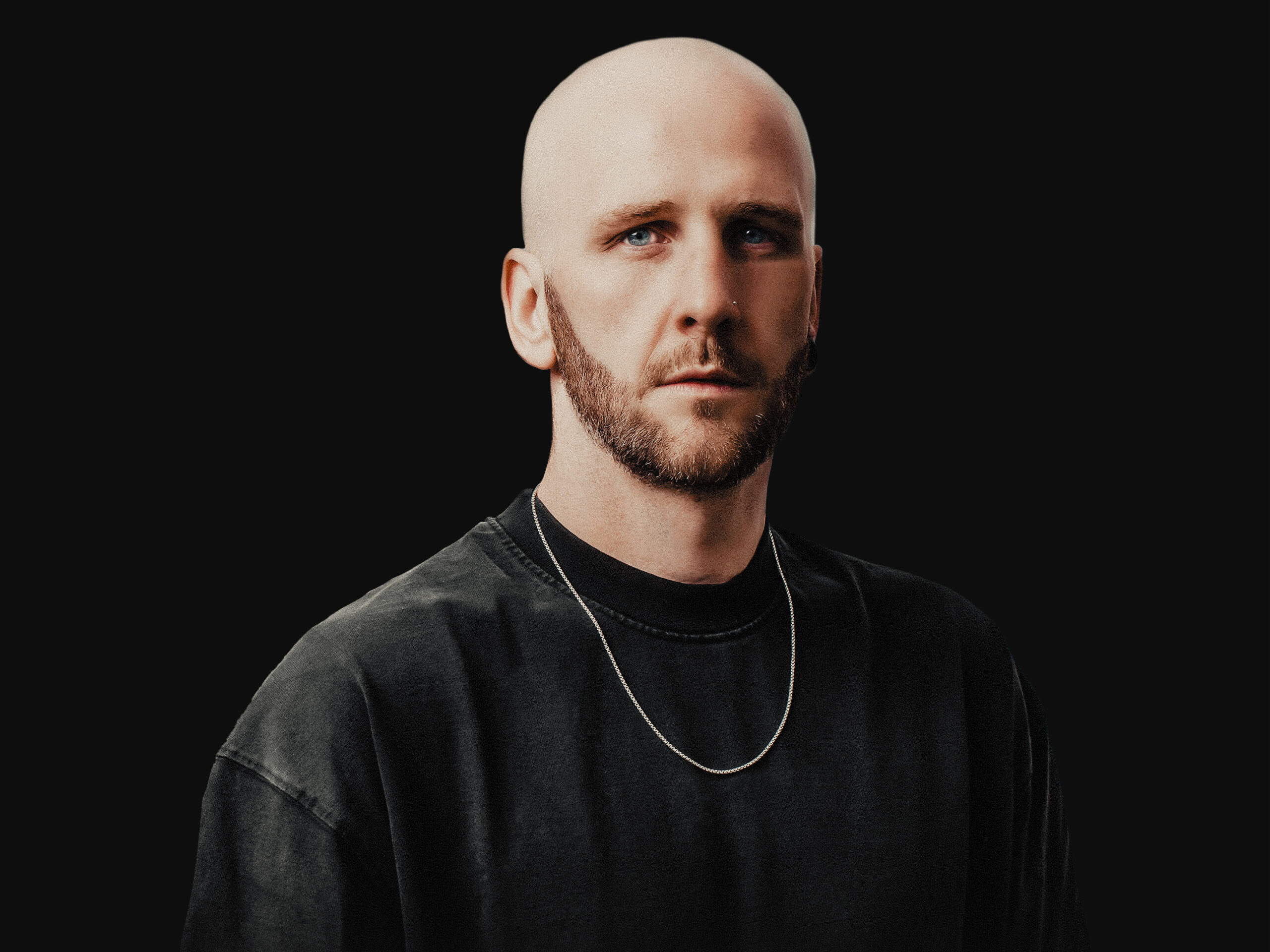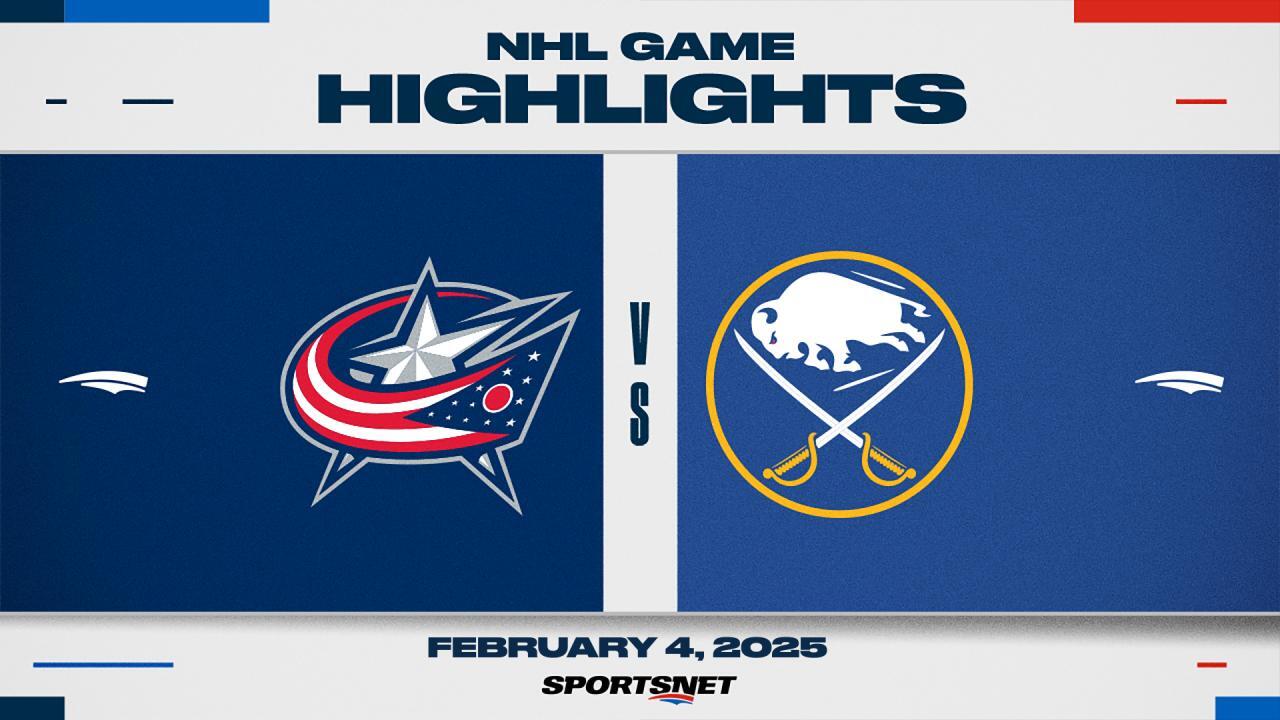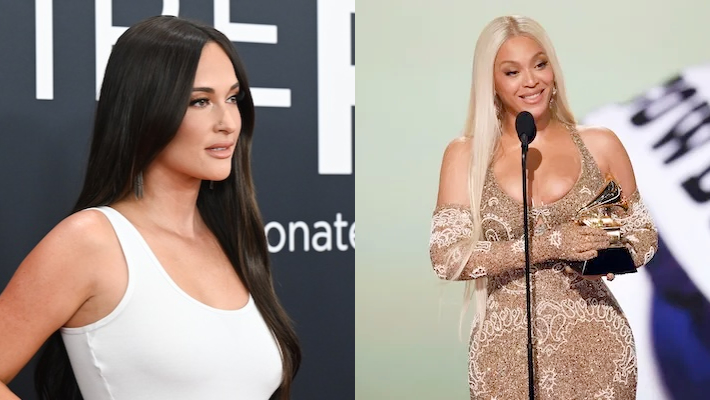The Grammys tried to make it better
Against all odds, the Grammy Awards pulled off a pretty good ceremony this year.


When they’re not boring or outright offensive, the Grammy Awards are usually trivial. This year, they couldn’t afford to be. Taking place at a moment when unelected douchebags fleece our federal government, broadcasting from a fire-ravaged Los Angeles, it wouldn’t have been unreasonable to skip the whole thing. It certainly wouldn't have been the first awards show to hear that call. But instead, the Grammys opted to matter, at least as much as an award show can. Believe it or not, they mostly pulled it off.
The most obvious and tangible way the show did this was by becoming a fundraiser for Los Angeles. During the ceremony, Trevor Noah, who, for better or worse, is turning into a perennial Grammys host, pushed for cash from both the audience in the room and the one at home. By the end of the show, Noah shared that $7 million had been raised for disaster relief efforts. A good chunk of the performances also focused on celebrating LA, which grounded the show in something more real than the obviously fake process of deciding which pop album is better than another pop album. But acknowledging that elephant in the room also freed the show up to still have fun with the frothier elements.
While I had predicted (read: hoped) last week that the ceremony would open with Charli xcx performing “Spring Breakers,” that wouldn’t have jibed with the tone the overall show took. But after having raised millions, it felt appropriate, or at least not misguided, for her to take the stage with The Dare while it rained panties in the final minutes of the ceremony. Shakira also brought the house down, as she is wont to do, with a rave-oriented performance. And aside from the tributes, the Grammys wisely focused on the Best New Artist nominees for its featured performers. Most people are aware of Chappell Roan and Sabrina Carpenter by now, but Doechii delivered a star-is-born moment with “Catfish” and “Denial Is A River” on the heels of her Best Rap Album win. It was a lot of fun, and the performance of the night.
There were a few of these poignant performance-victory double features. Chappell Roan performed “Pink Pony Club,” a track she previously sang on Saturday Night Live, but this time it had extra significance as the government tries to erase any mention of trans people. On the red carpet, she reaffirmed her commitment to that community, and after winning Best New Artist, visibly nervous, she demanded healthcare for musicians. Roan earned a reputation last year for a combative, confrontational attitude toward press and public appearances. Sunday night demonstrated plainly why that outspokenness is desperately needed right now. Lady Gaga, whose early career is perhaps the closest analog for Roan’s current status, also asserted her commitment to the trans community. Without overstating the importance of an award show, these public statements of support are absolutely essential right now.
The Recording Academy itself made a point to present as a reformed organization, too, though it stopped short of offering anyone healthcare. CEO Harvey Mason Jr. took the stage near the middle of the ceremony for a presentation that may as well have been titled “We Know You All Hate Us But We’re Trying.” Mason mentioned The Weeknd, who had previously called the awards “corrupt” and vowed to boycott them forever. “For the past few years, we’ve listened, we’ve acted, and we’ve changed,” Mason told the audience, highlighting how many new people have been added to the Academy, how many of them are musicians and artists from underrepresented communities, and how committed they are to supporting those musicians too. He didn’t offer a ton of specifics, but did manage to pull off a coup with a performance from The Weeknd; whatever they did was apparently satisfactory for him.
The Grammys are ultimately an awards body, and Mason's speech is the kind of thing awards bodies have often said while falling short of their stated goals. But it was at least slightly heartening to watch Black artists take home three of the four biggest awards of the night. Sure, there are people out there who will bristle against the suggestion that an artist as successful as Beyoncé or Kendrick Lamar could be “snubbed” for anything. But the Academy’s insistence on awarding white artists over their multiple, decade-defining works throughout the 2010s at least sent a message about the art the voting body values. Their new wins didn’t feel conciliatory; they felt like the “13,000 members of the voting academy,” an oft-repeated phrase throughout the night, had finally broadened their tastes and caught up.
Of course, it was not a perfect show; it was still far too long, and Noah’s jokes were labored. But it was certainly the best the Grammys have been in years. They made a point that something as silly as an award show could be at least better than it used to be, that tragedy and joy are often not only compatible but inseparable.



